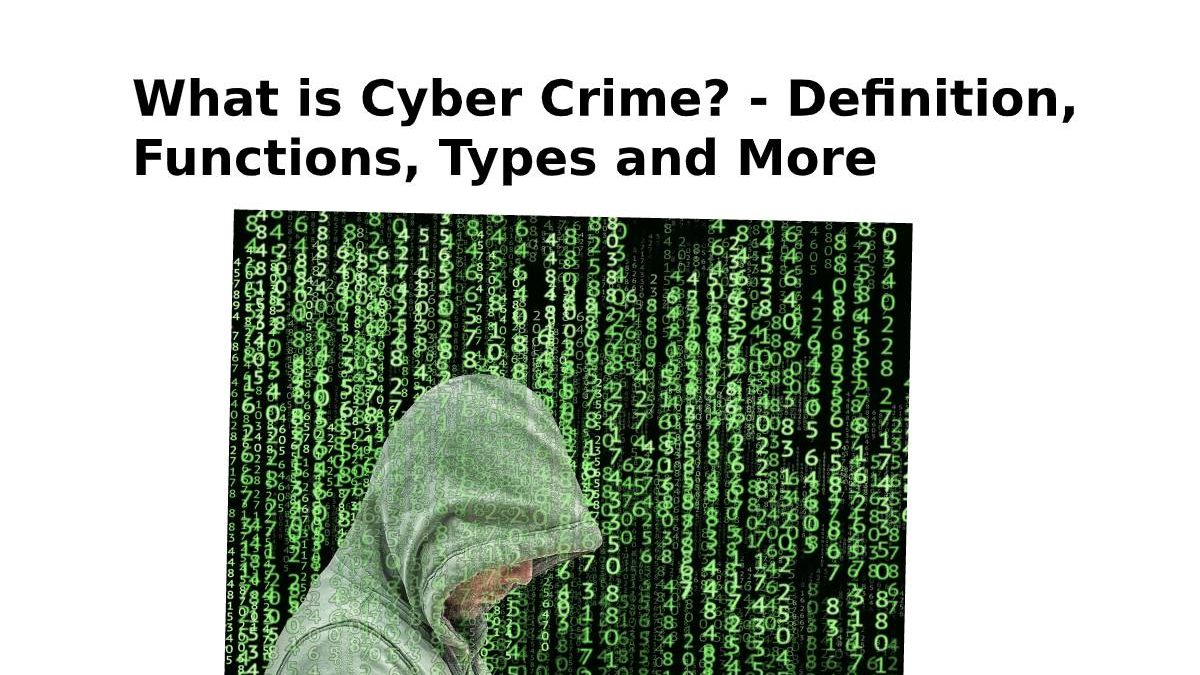


Don't steal trade secrets, and you should be fine. In essence, any theft of intellectual property violates the EEA.Īll of this may sound straightforward. § 1832, is much broader. It criminalizes the theft of such materials no matter who may be benefiting from that theft. In that sense, the EEA isn't all that different from the Espionage Act. § 1831, makes it a crime to steal trade secrets and intellectual property from an American business or other entity to benefit a foreign government. That act has two distinct parts.Īs noted, the first, codified under 18 U.S.C. The crime of economic espionage primarily derives from the Economic Espionage Act (EEA), originally passed in 1996. Our federal criminal defense lawyers will review the laws below. The law is complicated, but the more you know, the better prepared you'll be to defend yourself. If you're being investigated, or if you've been charged with economic espionage, it is important you know and understand the facts on this crime. § 1831 addresses only the theft or other misappropriation of a trade secret benefiting a foreign government, foreign instrumentality or foreign agent. It isn't unheard of for the government to investigate people simply because they changed jobs, left one company, and took their expertise to another. The Economic Espionage Act of 1996 discussed below is the first federal statute that makes it a crime to steal trade secrets and contains several provisions.įirst, 18 U.S.C. Sometimes it is, but it can be far more prosaic though. This theft offense could provide a foreign entity with important economic information at significantly less cost of research and development and has the real potential to cause significant economic losses.Įconomic espionage sounds like something you might do wearing a trench coat and a fedora on dark, rainy nights.


 0 kommentar(er)
0 kommentar(er)
